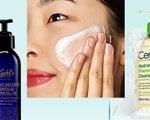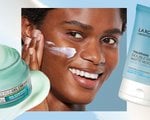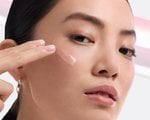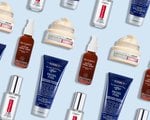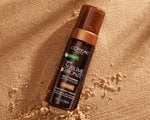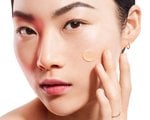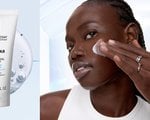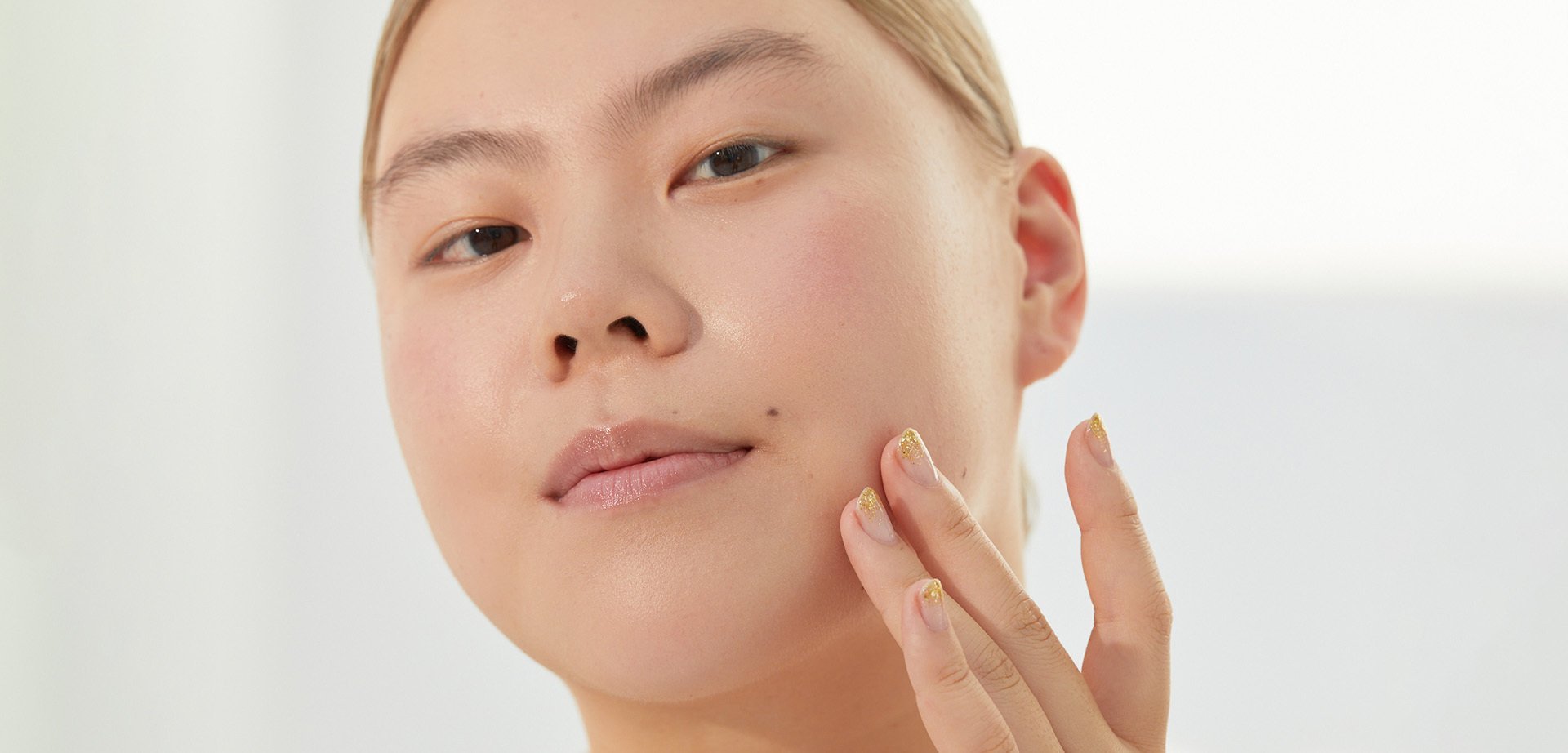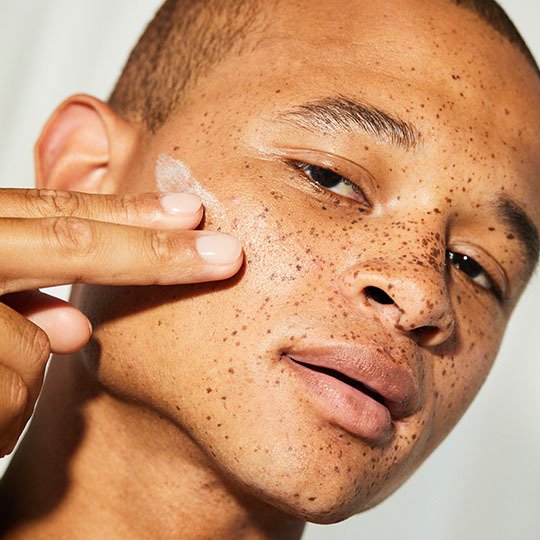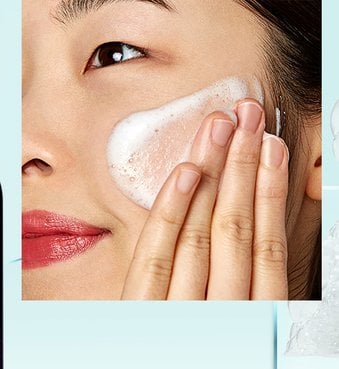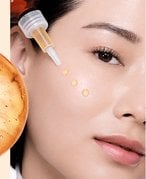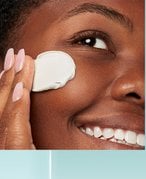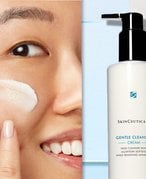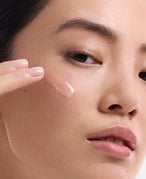Skin Care Advice
From recommended skin care routines to tips and tricks, we ask our consulting team of editors and experts to share their best skin care advice, here.Latest Articles
Recommended Articles
-
![A woman applying face serum to skin]() Skin Care AdviceWhy Does My Skin Look Dull? Plus, How To Brighten It6/12/2025
Skin Care AdviceWhy Does My Skin Look Dull? Plus, How To Brighten It6/12/2025 -
![]() Skin Care AdviceHow To Get Dewy Skin: 7 Tips For A Natural Glow6/10/2025
Skin Care AdviceHow To Get Dewy Skin: 7 Tips For A Natural Glow6/10/2025 -
![]() Skin Care AdviceWhy Are My Pores So Big? What You Need To Know About Managing Large...4/18/2025
Skin Care AdviceWhy Are My Pores So Big? What You Need To Know About Managing Large...4/18/2025 -
![A Simple Skin-Care Routine for Dry Skin Types]() Dry SkinDiminish Dryness With This Step-by-Step Dry Skin Routine3/31/2025
Dry SkinDiminish Dryness With This Step-by-Step Dry Skin Routine3/31/2025 -
![A person applying retinol to face]() Ask the ExpertHow To Combine Vitamin C, Retinol, and Hyaluronic Acid12/19/2024
Ask the ExpertHow To Combine Vitamin C, Retinol, and Hyaluronic Acid12/19/2024 -
![]() Skin Care AdviceNiacinamide and Vitamin C: Can You Use Them Together?11/14/2024
Skin Care AdviceNiacinamide and Vitamin C: Can You Use Them Together?11/14/2024
